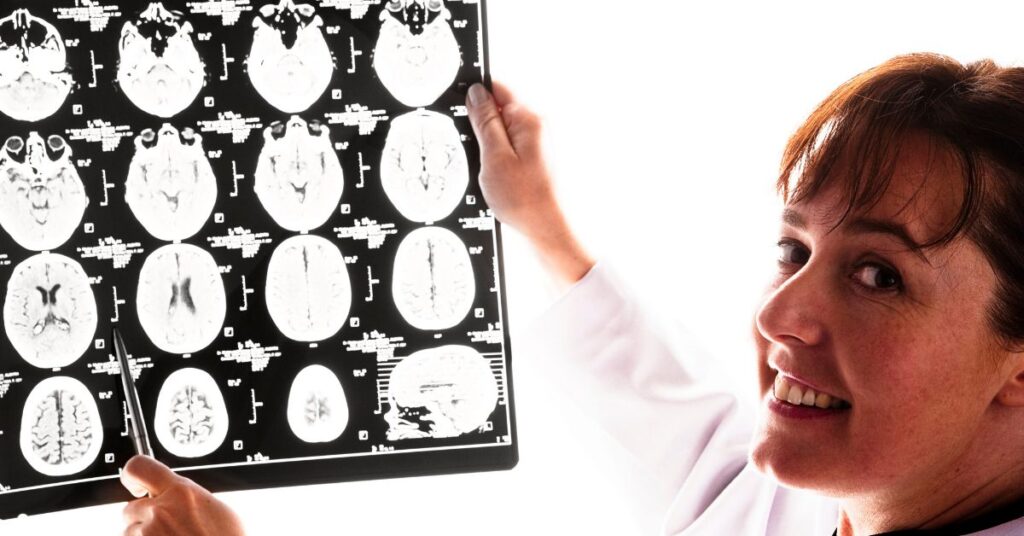The Brain in Recovery
Addiction is well known to have several implications on the human psyche. What happens to your brain while in recovery?
Addiction is well known to have several implications on the human psyche. Hence, conditions like co-occurring addictions may occur in individuals. This peculiar situation arises due to the double incidence of a substance dependency with one or more mental health issues. Sometimes, these issues may serve as the underlying cause for the dependence on alcohol, drug, or other substances.
When adequately carried out, addiction rehabilitation serves to treat and manage a chemical dependency case. During this time, the recovering individual is trained to abstain and undergo therapy to promote mental healing. Our focus in this article is on the way this mental liberation progresses until fully attained.

At The Start of Addiction Recovery
Any number of events occurring in a person’s life at any point may lead to them abusing alcohol or drugs. For instance, the loss of a job or loved one, legal difficulties, marital and relationship breakups, and so on can cause an individual to assume to find solace in these substances. In addition, typical substances like opioids, cocaine, and alcohol, to name a few, directly affect the brain.
Their actions interrupt the work of neurotransmitters by either making them slow down, speed up in message relaying or even halt the flow altogether. As the individual increasingly consumes the substances, the brain becomes reliant, and the individual feels compelled to use them, especially in larger amounts. Thus, at the start of rehab, the individual manifests an intense craving for the substance, seemingly requiring the drug or alcohol to function normally.
During Rehab For Addiction Treatment
As the individual undergoes therapy, after detoxification and with intensive programming, healing begins. Therapy models most utilized at recovery centers are cognitive-behavioral therapy (CBT) and dialectical behavioral therapy (DBT) for addiction treatment. Through CBT, recovering individuals can identify the root thoughts and emotions that sponsor substance misuse. They are encouraged not to internalize feelings of self-doubt or fear and against relying on thoughts borne out of impulse.
This mental conditioning progressively helps the individual heal and develop new, positive behaviors to replace substance misuse. In its process, DBT helps individuals build confidence and develop coping abilities to handle stressful situations effectively. That way, no matter the circumstance faced in life afterward, substance misuse will not appear as a way out.
After Recovery Treatment and in Aftercare
In this final and continuing stage of recovery, the individual has slowly but mostly healed from the mental part of being dependent. However, caution is needed to forestall relapse. Groups like Alcoholics Anonymous (AA) and Narcotics Anonymous (NA) hold regular meetings to help individuals reaffirm their commitment to staying sober. That way, skills learned during rehab from therapy and counseling are continuously implemented, cementing the freedom from chemical dependency. The brain is well-recovered at this point, but thorough care will maintain healing overall.
Get Help You Need at Evoke Waltham
Only fully licensed centers with professional clinical teams can provide the care needed to encourage mental healing during rehab. These centers, through diligent care, cater to the specific needs of their clients and provide tailor-made recovery programs for them. Evoke Waltham is one of such facilities where you can receive the best treatment, specialized to your needs. Call today to speak with a helpful advocate on admissions or any other inquiry.


